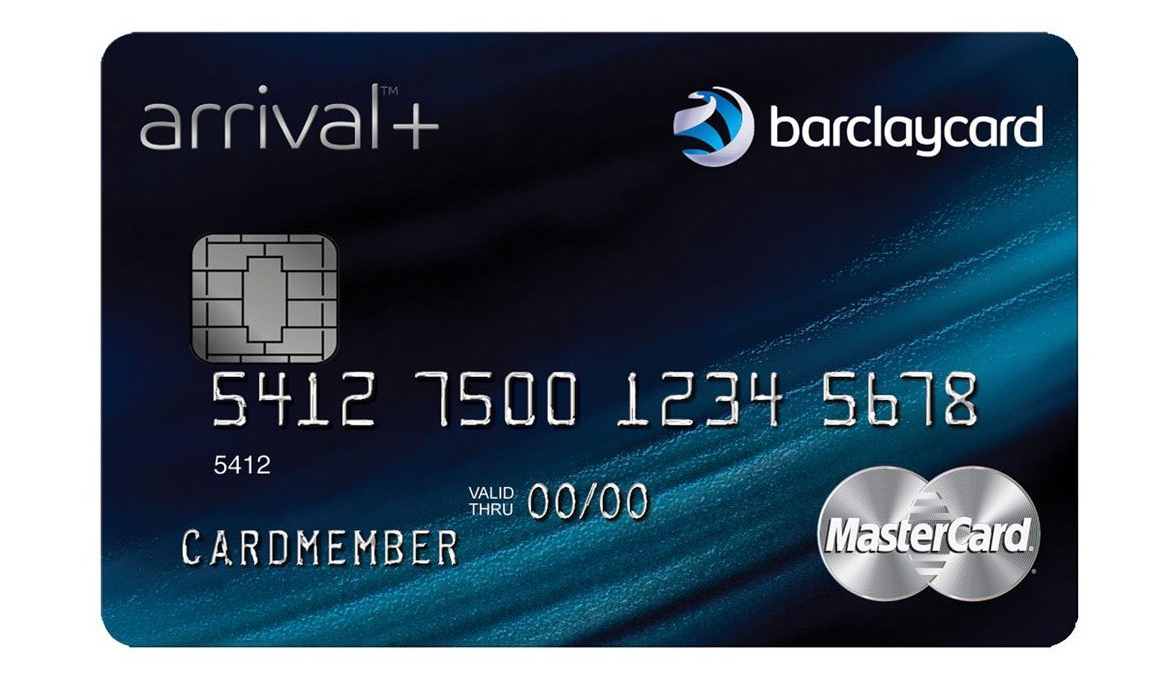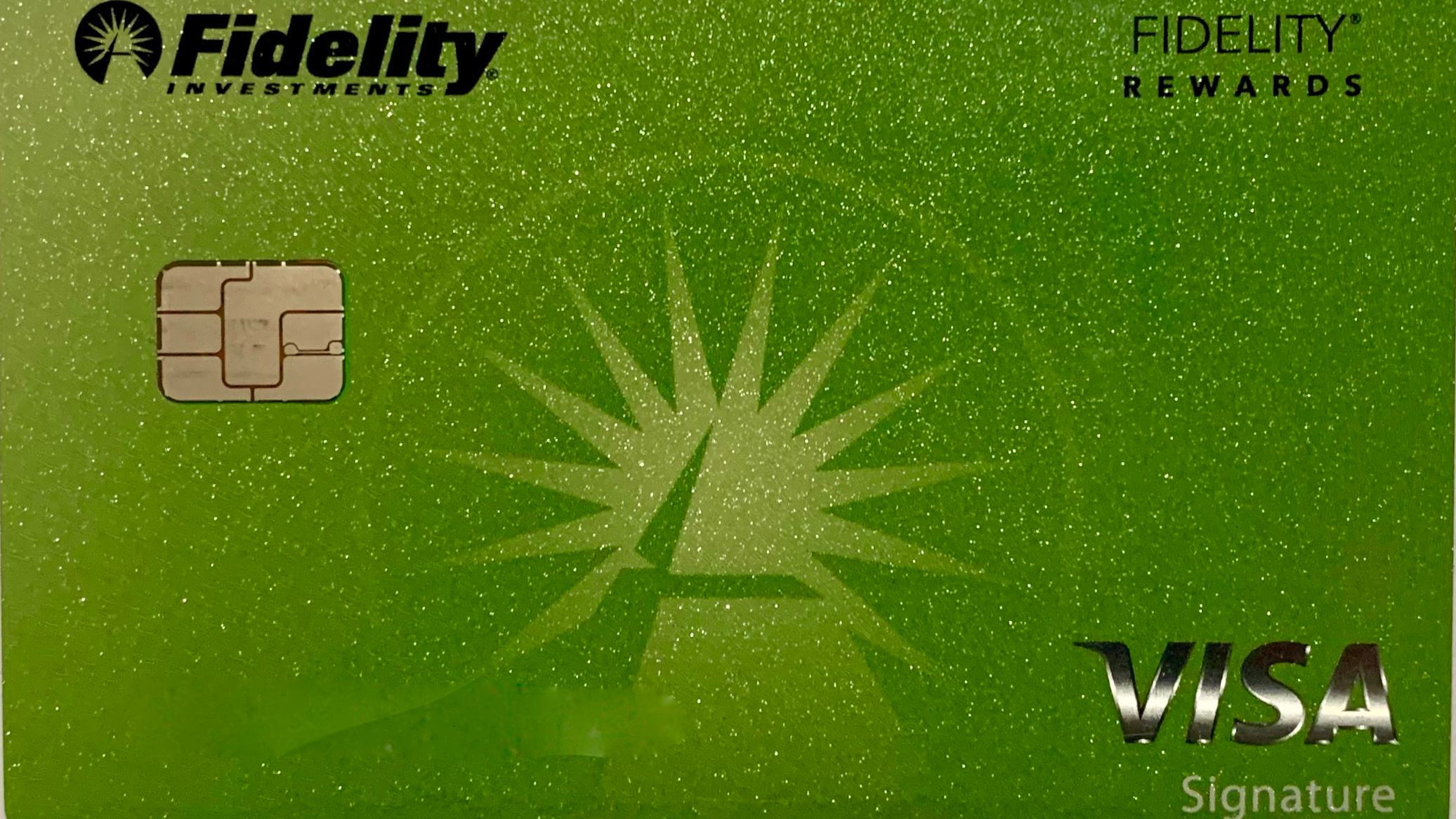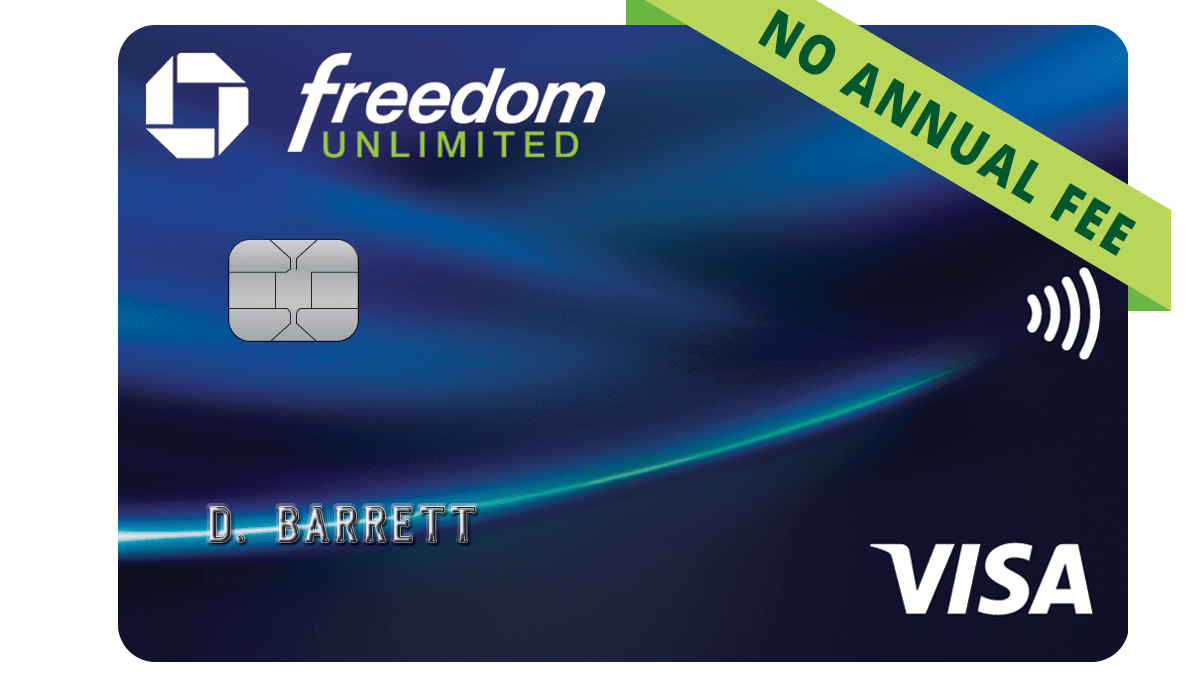It’s advantageous to have a cashback credit card in your wallet. Unforeseen travel expenses can transform a supposedly “free” trip into one that puts a dent in your budget. It’s nice to have rewards that can be utilized to pay for these expenses. Additionally, there are certain things that you cannot pay for with travel miles, such as a stay at a foreign chain hotel or a train ticket.
In the past, you had to pay an annual fee for a card that earned 2% cashback on all your purchases. These cards only earned cash, and there was no option to transfer the rewards to other external travel programs for added value.
The first 2% back card I signed up for was the Barclaycard Arrival+.

While the card is no longer available to new applicants, it offered a 70,000-point sign-up bonus worth $700. You could use the points to pay for travel expenses over $100. Redemptions also earnd a 5% rebate, so the actual earning rate was closer to 2.1% if you can use almost all of the points.
In addition to using points for travel expenses, Barclays allowed you to transfer points to airline programs.
I paid the annual fee for the card at the first renewal because we had points to spend and wanted to stay on the right side of Barclays, a notoriously stingy bank regarding approvals. I think our semi-regular use of the Arrival+ card helped my wife get approved for the JetBlue Plus card and then the Wyndham Earner Business card, her third card from them.
I’m struggling to decide whether to renew the Arrival+ credit card and pay the $89 annual fee. Many competitors offer no annual fees, and with the constant changes in the credit card world, it’s a tough decision.
I have other cards that could easily replace the Arrival+ in our wallets, and there are even more options available through product changes or new applications. Most importantly, none of these cards have an annual fee.
Fidelity Rewards (2%)

The Fidelity Rewards Visa card earns 2% cashback. Once I’ve earned $25, I can deposit the money directly into my Fidelity account. While earning 2% back is great, there are even better options.
Citi Double Cash (2% to 2.66% and higher)

The Citi Double Cash is designed to be a straight 2% cashback card. In practice, you earn 1% on spending and 1% when you pay the bill, but I hope everyone who earns points and miles with credit cards pays off their bills in full every month. You can get more value for your points if you have a Citi Strata Premier or Citi Prestige card. Since Citi lets you transfer points between accounts, you can transfer your points to one of Citi’s partners if you have one of these other cards. I’ve transferred ThankYou points to Flying Blue, JetBlue and Singapore KrisFlyer, and it would be easy to get between a 3% to 5% return with these redemptions.
While this is a great option, there’s an even better one if you can get it.
Freedom Unlimited (1.5% to 6% and higher)

The Freedom Unlimited card from Chase earns 1.5% back on all purchases and 3% back on dining and drug store purchases. The card’s base earning level is good, but I think its potential upside is the best of the pack. Unfortunately, many people are shut out from getting this card due to Chase’s 5/24 rule.
You can unlock additional value with a Chase premium card, like the Sapphire Preferred. Chase allows you to combine points from all of your accounts. Once attached to a premium card, you can transfer points to one of Chase’s travel partners. I’ve transferred points to Hyatt for a value of 1.6 to 2.5 cents per point. I can’t even begin to put a value on the points I transferred to Singapore KrisFlyer to book us on a flight from LA to Singapore.
Other options
When push comes to shove, I think the two Membership Rewards points per dollar that the AMEX Blue Business Plus earns is the best deal, but I left it out of the list because it is a business card. If you have a business, this is the best card for any expense that doesn’t earn an additional bonus with other cards. This is a personal choice because I find AMEX’s transfer partners better suited to our travel needs. The Blue Business Plus card also earns fully transferrable points with no annual fee. There is no need to have a premium card to unlock the full value of the points, as is necessary with Citi or Chase.
Final Thoughts
Recently, I’ve been considering whether or not to keep the Arrival+ credit card. It’s a difficult decision since I already have two other cards that offer comparable rewards with no annual fee. The only advantage of keeping the card is that doing so will help us maintain a good relationship with Barclays, which might ease future applications. In addition, the bank sends out occasional spending bonuses, which cover most of the annual fee.
If I do decide to close the account, I’ll try to find a way to put enough travel charges on the card to use up our points before the annual fee is due.
Want to comment on this post? Great! Read this first to help ensure it gets approved.
Want to sponsor a post, write something for Your Mileage May Vary, or put ads on our site? Click here for more info.
Like this post? Please share it! We have plenty more just like it and would love it if you decided to hang around and sign up to get emailed notifications of when we post.
Whether you’ve read our articles before or this is the first time you’re stopping by, we’re really glad you’re here and hope you come back to visit again!
This post first appeared on Your Mileage May Vary
